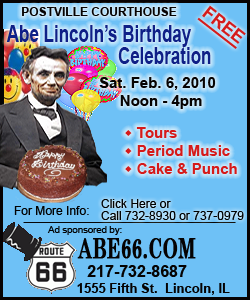| ||||||||||
| ||||||||||
"A vote for Ben Bernanke is a vote for bailouts," said Sen. Jim Bunning, R-Ky., a longtime critic. Bernanke has especially upset lawmakers with his support of a $182 billion rescue of insurance giant American International Group Inc. Hefty bonuses to AIG executives and billions in payments to AIG's Wall Street partners added to the outrage. Criticism mounted as unemployment rocketed to 10 percent. Bernanke advocates argue that the Fed chairman is being blamed for the failure of institutions over which the Fed had no authority. What's more, they say the countermeasures he took to intervene were exactly what Congress created the agency to do. "Much of the anger directed at the Fed and the uncertainty regarding Bernanke's reconfirmation is terribly unfortunate
-- both because of the impact it might have on the central bank going forward, and also because much of the scorn is undeserved," said John Dearie, a former officer of the New York Fed now serving as executive vice president of the Financial Services Forum, an industry group. The Federal Reserve acts as the "lender of last resort" to banks when they can't get money elsewhere. That's important for the nation's financial and economic stability. Bernanke's confirmation comes as Congress is writing an overhaul of financial regulations aimed at avoiding another financial crisis. The chairman has had to defend the Fed against efforts to diminish its authority. A House bill would remove its power to oversee consumer protections and would subject it to a sweeping congressional audit. A Senate bill seeks to create a separate consumer entity as well, and would create a single banking regulator that would also strip the Fed of its supervision of bank holding companies. Bernanke has admitted making mistakes -- including underestimating the threat of a booming housing market that eventually went bust and the resulting fallout to the economy. But he insist he has the tools, the know-how and the political backbone to safely steer the recovery from the worst recession since the 1930s. The biggest challenge facing Bernanke this year: deciding when and how to reverse course and boost interest rates to sop up the unprecedented money pumped out during the crisis. That's important to prevent an outbreak of inflation. A scholar of the Great Depression, Bernanke, 56, spent most of his professional career in academia, including 17 years teaching economics at Princeton University. He came to Washington to take a job at the Federal Reserve, working with then-Chairman Alan Greenspan. Bush selected him to be his top economist. After that, he was sent to run the Fed starting in 2006. ___ On the Net: Federal Reserve: http://www.federalreserve.gov/
[Associated
Press;
Copyright 2010 The Associated Press. All rights reserved. This material may not be published, broadcast, rewritten or redistributed.

News | Sports | Business | Rural Review | Teaching & Learning | Home and Family | Tourism | Obituaries
Community |
Perspectives
|
Law & Courts |
Leisure Time
|
Spiritual Life |
Health & Fitness |
Teen Scene
Calendar
|
Letters to the Editor